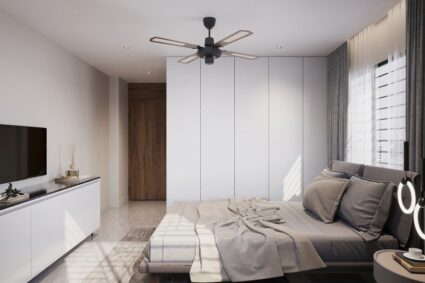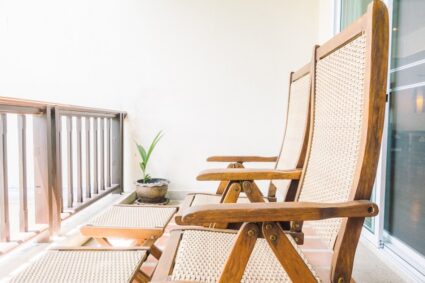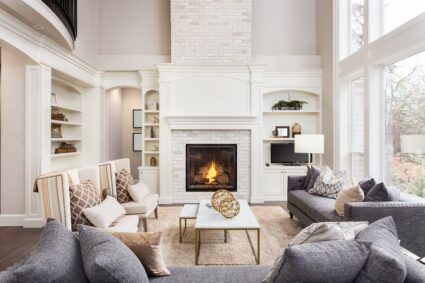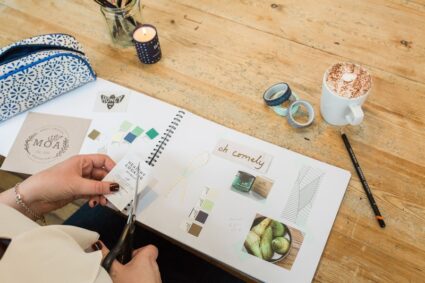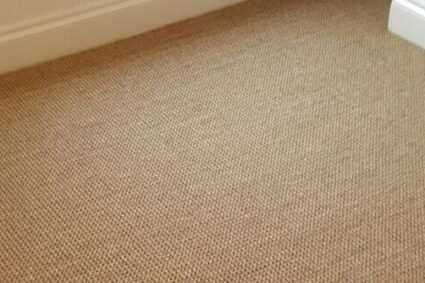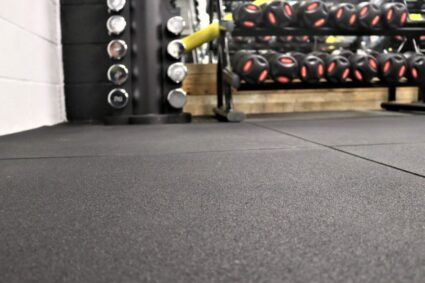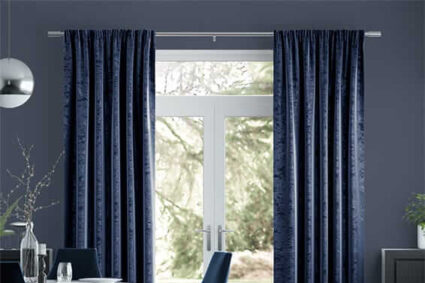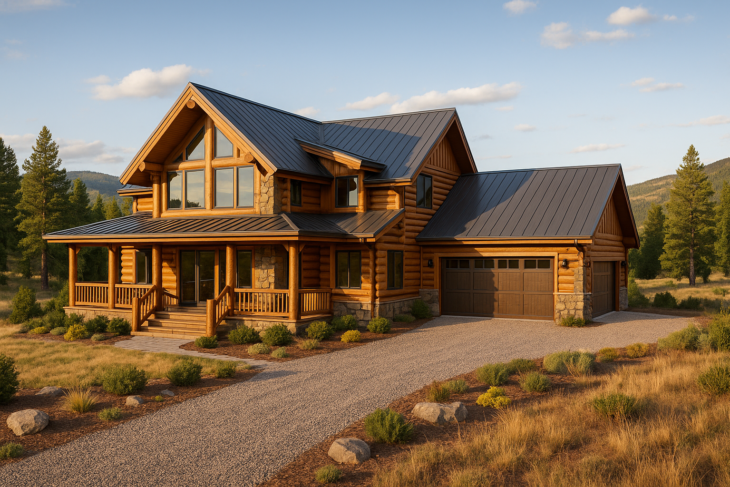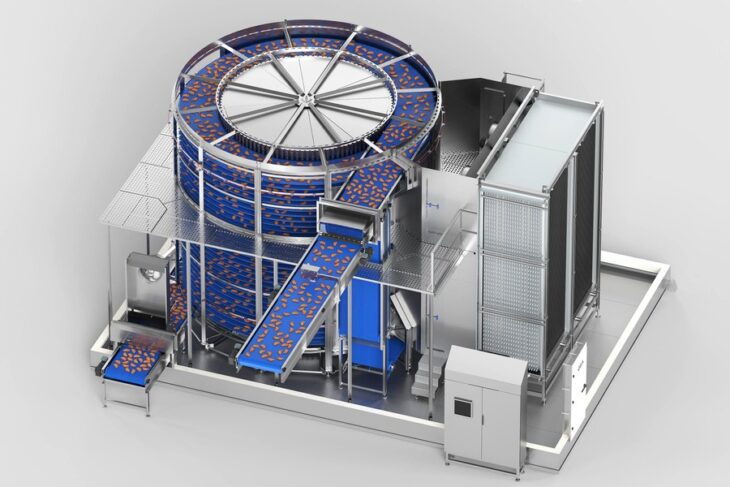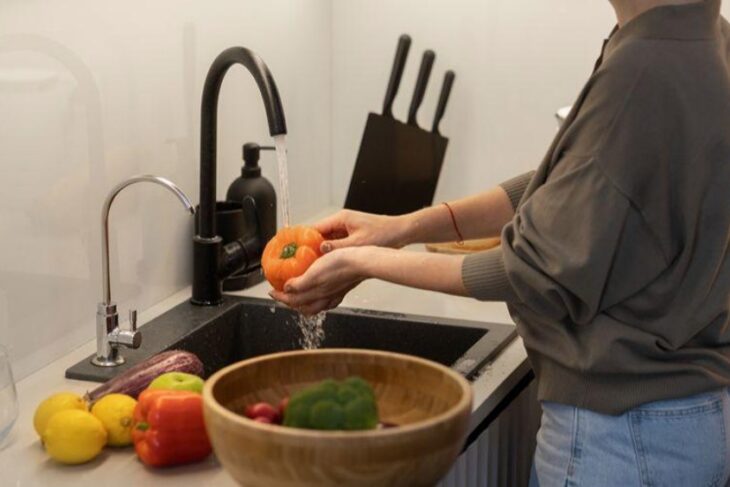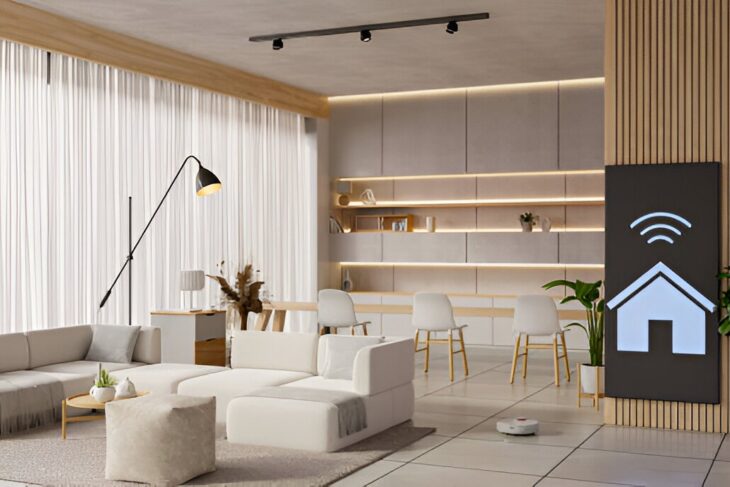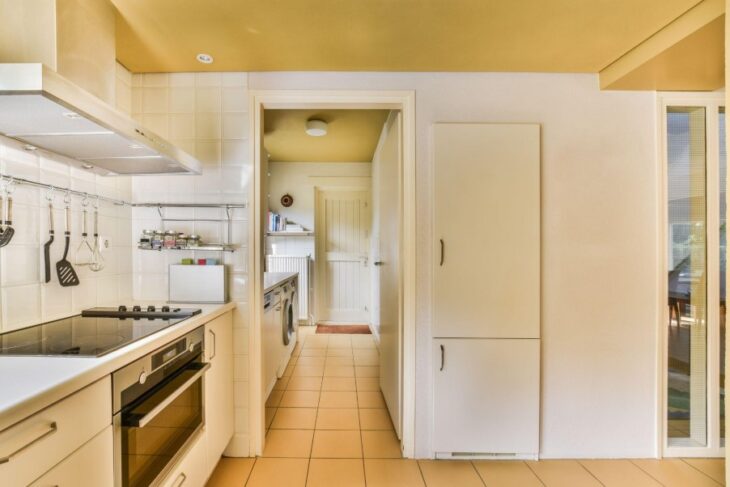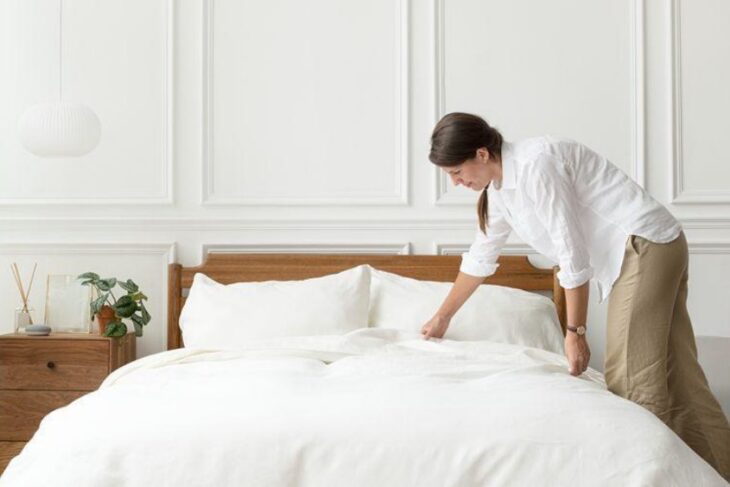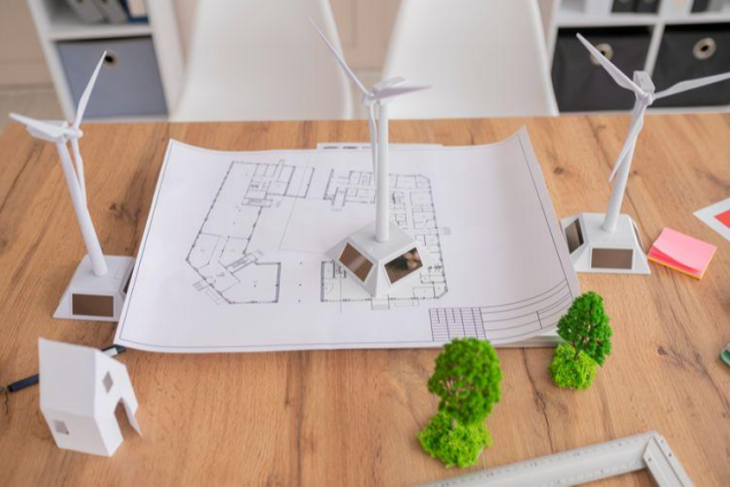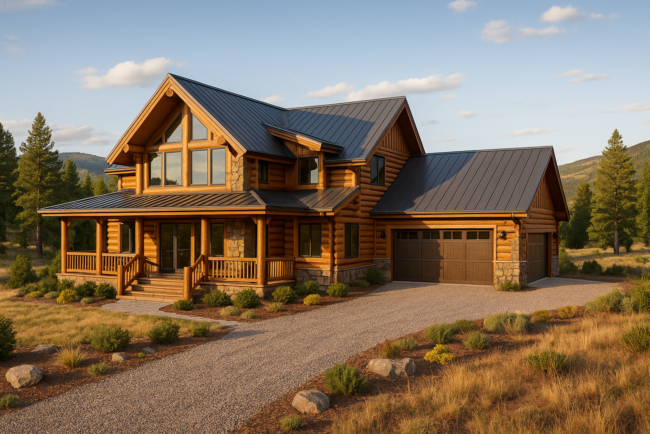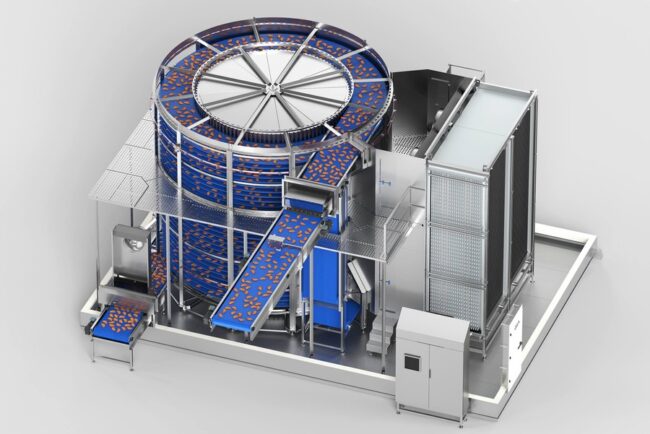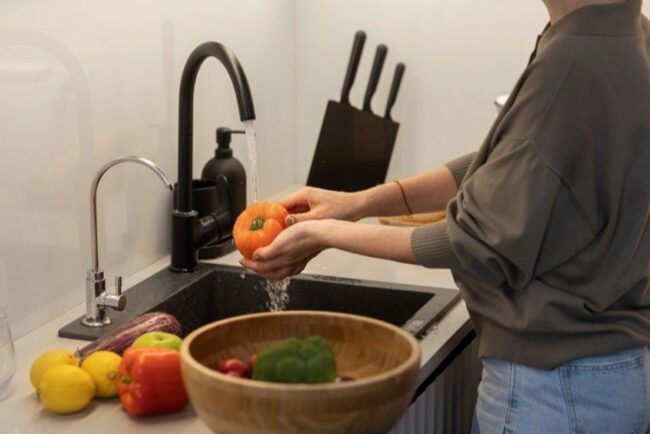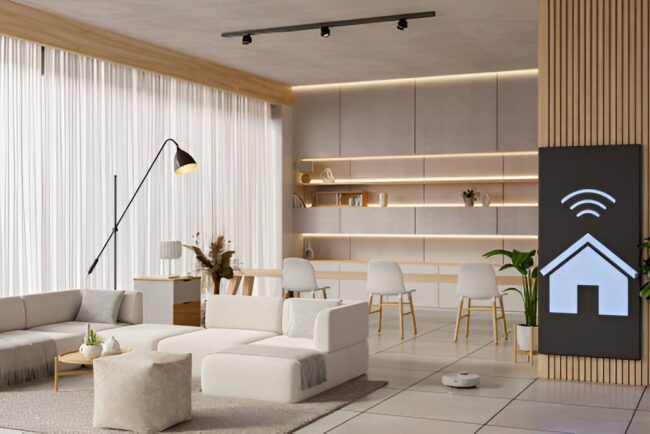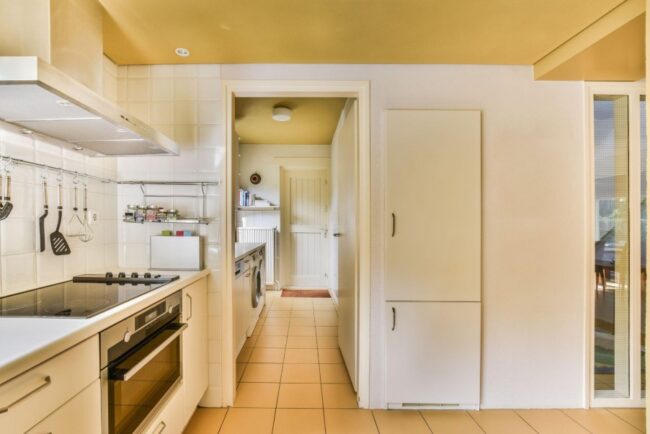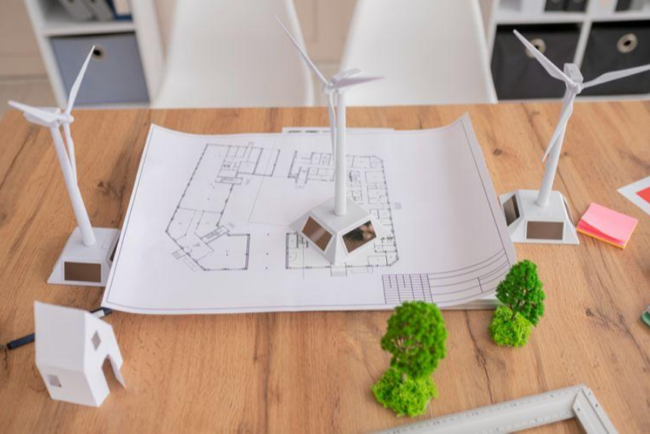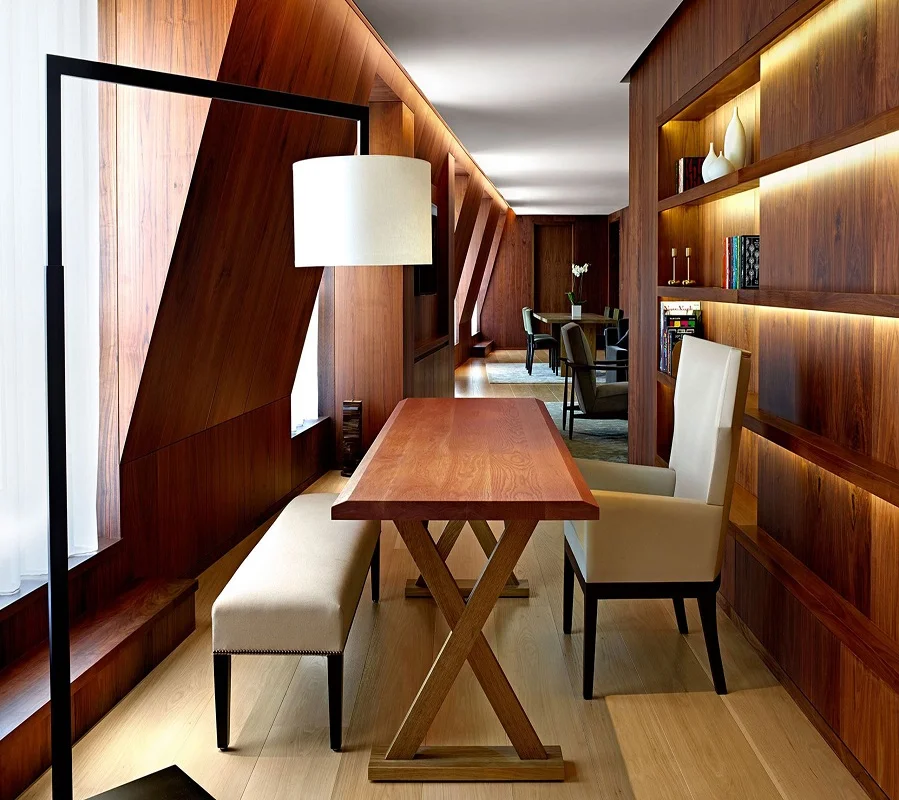
In an era where conscious consumerism is more than just a trend, sustainability has become a key pillar in modern interior design. Homeowners and designers alike are rethinking the way spaces are furnished—not only for aesthetics and functionality but also for environmental impact. Among the leading solutions in this shift is Custom Furniture Dubai. Beyond its design flexibility and bespoke appeal, custom furniture is quickly emerging as a cornerstone of sustainable living. Here’s why it’s shaping the future of interior design.
Made to Last: Prioritizing Quality Over Quantity
Mass-produced furniture often falls short when it comes to durability. Manufactured at scale, many pieces use low-cost materials and assembly-line methods, resulting in furniture that may look appealing but has a limited lifespan. On the other hand, custom furniture is crafted with precision and care, often using superior materials and construction techniques.
This emphasis on quality translates into furniture that withstands the test of time. A well-crafted custom sofa or dining table can last decades, reducing the need for frequent replacements—and in turn, minimizing waste. Fewer discarded items mean less strain on landfills and a reduced carbon footprint over time.
Sustainable Materials, Ethically Sourced
One of the most compelling benefits of custom furniture is the ability to choose materials consciously. Whether it’s reclaimed wood, bamboo, FSC-certified lumber, or recycled metals, clients have control over what goes into their furniture. Many custom furniture makers are also transparent about their sourcing processes, allowing eco-conscious buyers to ensure their choices align with their values.
Unlike mass-market options, which often use synthetic composites and chemical-heavy finishes, custom furniture allows for non-toxic, environmentally friendly finishes and natural materials that contribute to healthier indoor air quality.
Reducing Waste Through Thoughtful Production
Large-scale manufacturing processes are inherently wasteful. Pre-cut parts, overproduction, and the need for inventory all contribute to excessive waste. In contrast, custom furniture is typically made to order, which means materials are used more efficiently, and unnecessary production is avoided.
Many custom furniture workshops follow zero-waste or low-waste practices, repurposing offcuts and minimizing material usage. This model not only supports sustainability but also ensures each piece is uniquely tailored to the customer’s needs—functionally and spatially.
Supporting Local Artisans and Reducing Emissions
Custom furniture is often produced by local craftsmen and independent workshops, which means it doesn’t need to travel thousands of miles from a foreign factory to your living room. This localized production significantly cuts down on transportation emissions and supports regional economies.
When you commission a custom piece, you’re not just buying furniture—you’re investing in the skills and livelihoods of local artisans. This personal connection not only makes your purchase more meaningful but also contributes to a more resilient and sustainable economy.
Designed for the Long-Term, Not the Landfill
Fast furniture may follow short-lived trends, but it rarely fits your space or style forever. Custom furniture, however, is designed with both intention and adaptability in mind. Pieces are created to complement your lifestyle, room dimensions, and evolving tastes, which makes them more likely to be cherished and maintained over the years.
Additionally, custom furniture is often easier to repair, reupholster, or refinish—further extending its lifespan. Instead of being discarded, a custom table or chair can be restored and reinvented, keeping it in use and out of landfills.
Personal Expression Meets Sustainable Design
Sustainability doesn’t mean sacrificing style or personality. In fact, custom furniture is the ultimate expression of individuality, allowing you to co-create designs that reflect your values and aesthetic. Whether you prefer a minimalist Scandinavian vibe or a warm, rustic farmhouse look, you can make sustainable choices that align with your interior goals.
This freedom of expression encourages mindful consumption—you’re not buying something just because it’s available or trending; you’re choosing it because it resonates with your space, lifestyle, and ethics.
Conclusion: A Smarter, Greener Choice
As the world becomes increasingly aware of the environmental impacts of our choices, the shift toward custom, sustainable furniture is more than a design preference—it’s a lifestyle commitment. From its eco-conscious materials and minimal waste to supporting local economies and providing long-term value, Custom Furniture Dubai aligns beautifully with the principles of sustainable living.

